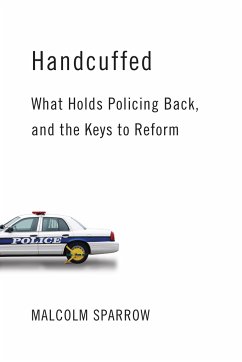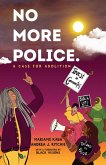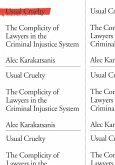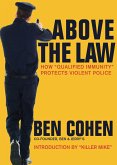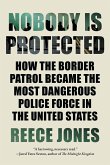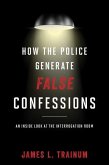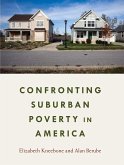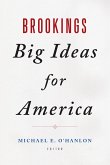"The police shooting of an unarmed young black man in the St. Louis, Missouri, suburb of Ferguson earlier this year sparked riots and the beginning of a national conversation on race and policing. Much of that conversation has focused more on social issues. Malcolm Sparrow, who teaches at Harvard's Kennedy School and is a former British police detective, argues in this new book that there is another dimension that played a role not only in Ferguson but in many other high-profile police killings of unarmed blacks: the character of policing itself. Sparrow shows how police departments across America have shelved the traditional ideas of community policy-the cop on the beat how knows his or her neighborhood and its inhabitants-and also simple problem solving when it comes to crime to focus on crime reduction. That has meant a reliance on quantitative methods where police define how well they are doing by tallying up how many traffic tickets have been issued (Ferguson), or arrests made for petty crimes (Eric Garner selling nontaxed cigarettes in New York). The list goes on. Police departments need to shed this reliance on crime reduction metrics and mindsets and turn back to making public safety, and public cooperation, their primary goals"--

